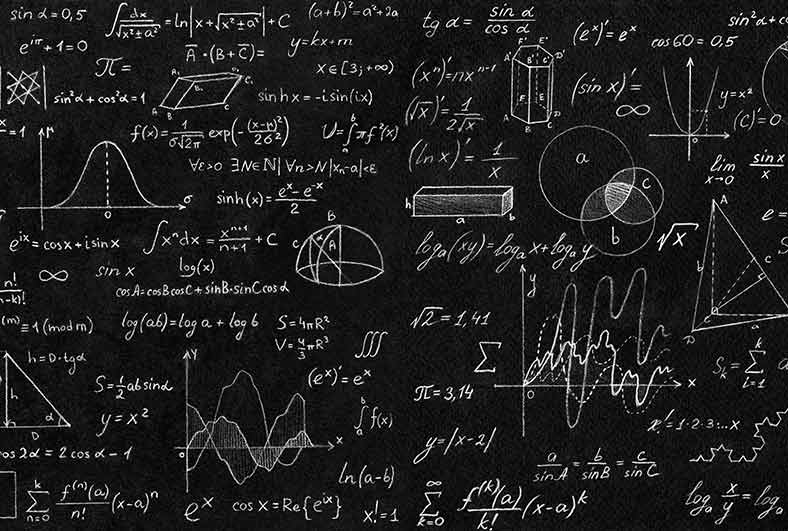Media Interview with Abigail Beall, physics and technology features editor at New Scientist

‘I love that there are loads of mysteries waiting to be solve’ – we catch up with New Scientist’s new physics and technology features editor Abigail Beall to find out what she loves most about her subject and some of her favourite features so far…
Congratulations on the new role, Abigail! How are you settling in so far?
Thank you! I’m settling in really well. Everyone at New Scientist has been incredibly welcoming, and between them they have a wealth of knowledge and experience that they’re happy to share with me. It’s been a dream of mine for a long time now and so far, living up to expectations.
What are you most looking forward to getting stuck into?
I’m really excited to be able to talk to scientists about the most exciting things happening in their areas. I’m also excited to work with lots of different writers, to learn from them, and to make some incredible features together.
What new approaches/topics are you hoping to bring to the New Scientist’s tech and physics content?
As a features editor, I’m looking for the most exciting new ideas in physics, and working out how to tell those stories, but I don’t have my eye on any topics in particular at the moment. I’d love to work with new writers who haven’t written for us before.
How has it been for you working during the pandemic – what have been the main challenges?
I was a freelancer at the start of the pandemic and it was quite difficult to find places that were commissioning freelancers for a while. But luckily that picked up and then I started a full-time role, so I’ve been very fortunate. Working from home wasn’t new for me, I’ve been doing it since 2017, but I am looking forward to being able to meet colleagues in real life soon.
What do you think will be the long-lasting impacts of the last year or so on the media landscape and how editorial teams work together?
I really hope media organisations will continue to embrace working remotely, allowing more people working in the media to live outside of London.
How did you originally get into journalism?
I was studying a Masters in Physics when I realised I didn’t want to go down the research route. At the same time, I was working as part of my university’s online magazine, writing and editing stories for the science section. I decided that speaking to other people about their research and writing about it was an incredible job. After graduating I applied for a science journalism MA course at City University, and I graduated from that in 2013.
What do you love most about your subject?
I love that there are loads of mysteries waiting to be solved.
Top three features you’ve worked on during your career?
After years of sexism in space we urgently need more female astronauts | New Scientist
What if the diminutive electron isn’t as small as it gets? | New Scientist
The mystery of how big our Universe really is | BBC Future
Best piece of advice you’ve been given?
The best journalists are good at listening and not afraid to ask silly questions.
Will you find contributions from PRs useful for any aspect of your work at New Scientist? If so, what kind of contributions would you welcome, and how/when would you prefer to receive them?
To be honest, I’m not sure. I can’t imagine I will be working closely with any PRs because the work we do is very focused on new academic research. But I’d always be happy to have a chat with PRs who think their clients are relevant to see if there’s any possibility of working together.
What media have you been seeking out yourself throughout the pandemic?
I usually have a couple of books on the go at once, one fiction and one non-fiction. I recently finished No One Is Talking About This by Patricia Lockwood, and I’m currently reading Move by Caroline Williams (who I now work with a New Scientist). It’s a really fascinating book about the science of exercise. I subscribe to Positive News magazine which I’ve found a great source of happy stories, especially during the tougher parts of the pandemic.
Lastly, can you give us an interesting physics/tech fact you learned recently that we might not (probably won’t, if we’re honest) know?
This isn’t a new one for me but it’s a favourite – a day on Venus is longer than a year on Venus, because it orbits the sun in less time than it takes to complete one full rotation.